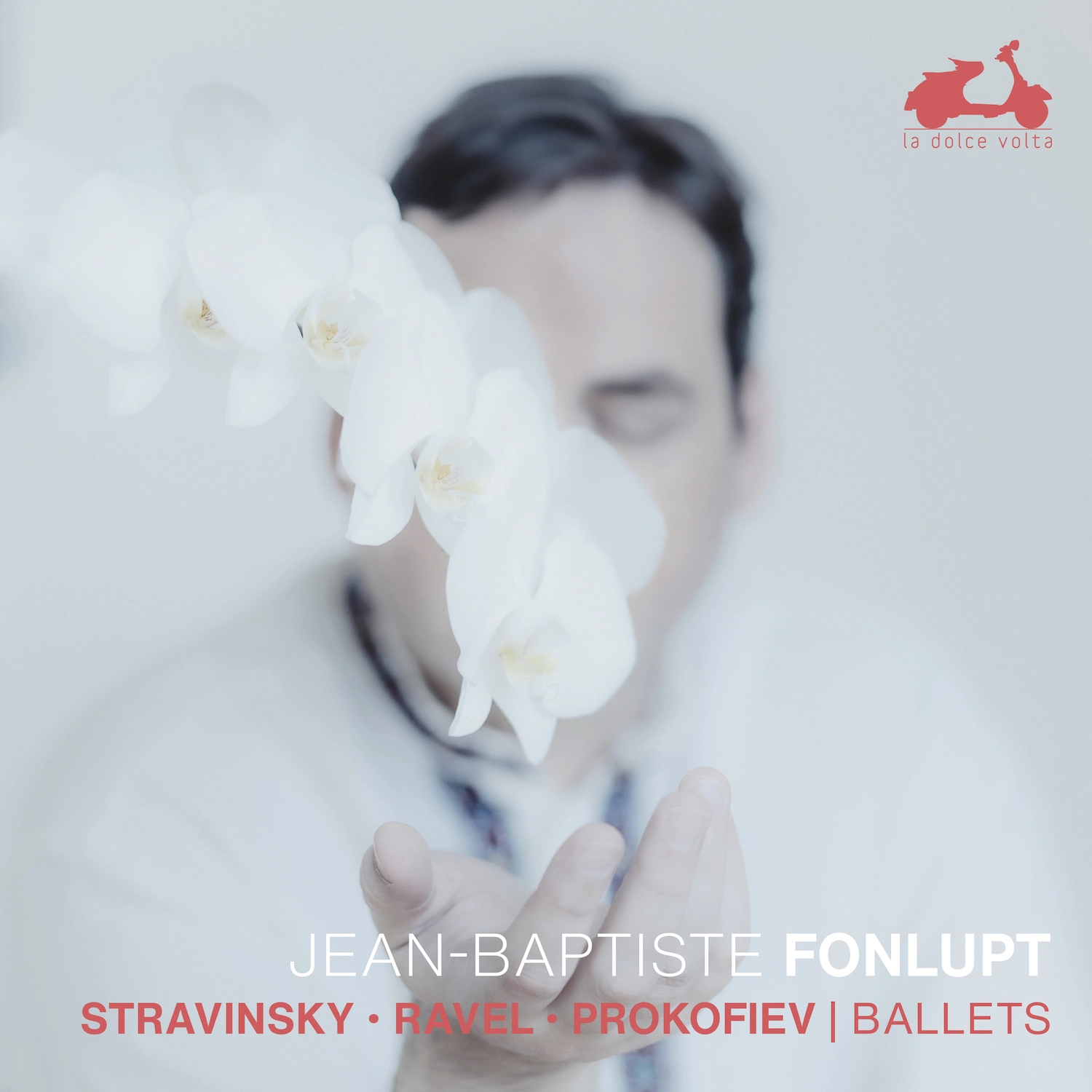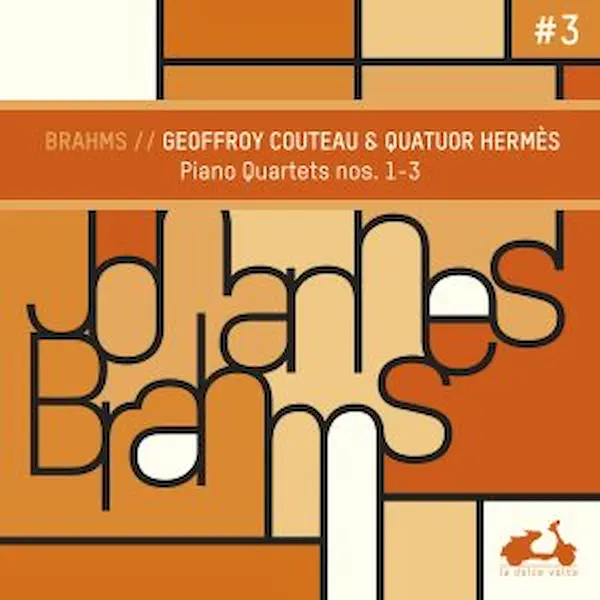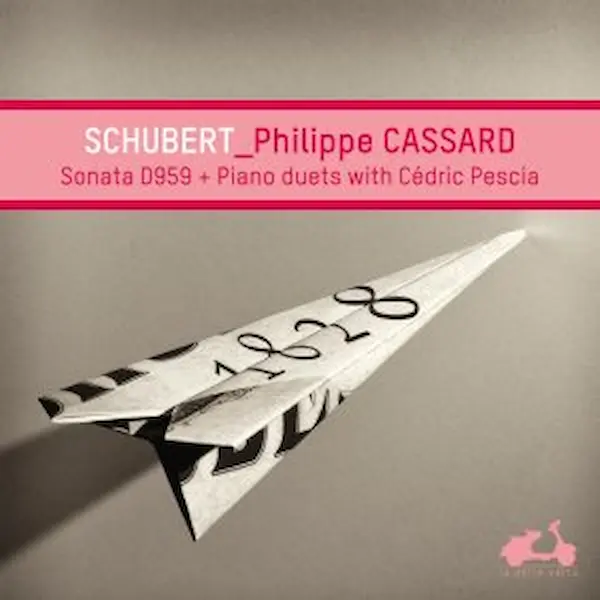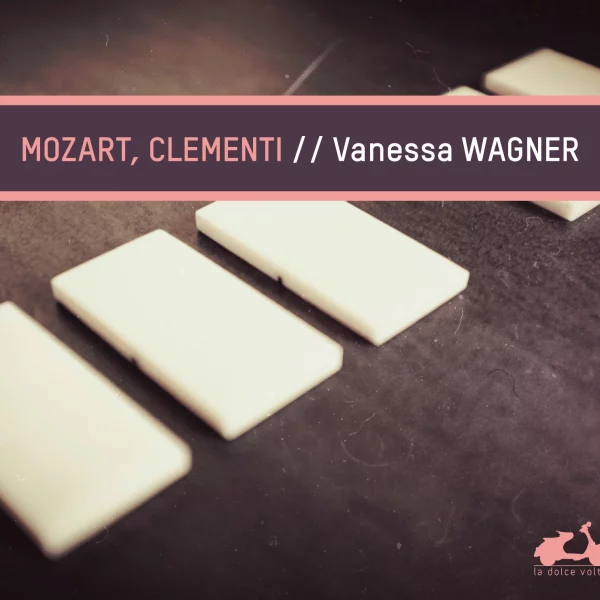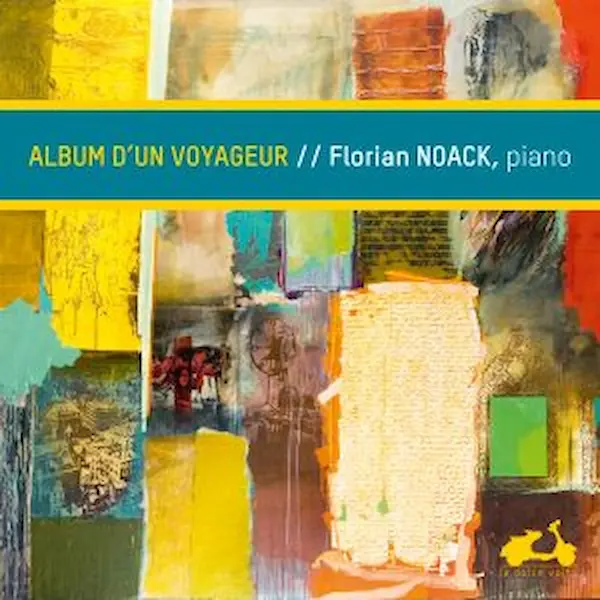STRAVINSKY – RAVEL – PROKOFIEV // Ballets
Jean-Baptiste Fonlupt,
15,00 €
Against the backdrop of its decors, ballet offers itself up as a spectacle, arousing admiration and enchantment. In the early twentieth century, from the Palais Garnier to the Bolshoi, from the Châtelet to the Mariinsky, the shimmering colours of the orchestra were often combined with the innovative choreography of the Ballets Russes. The music to which these ballets were danced, assigned to illustrious composers, could hardly be for piano, which was tolerated only to accompany the dancers in their rehearsal studios. But is that really the case? If so, then why are there so many piano versions made by the composers themselves, alongside the orchestral ones? Jean- Baptiste Fonlupt answers that question here with dazzling imagination and virtuosity.
Igor Stravinsky (1882-1971)
Three Movements from Petrushka
- Russian Dance 2’34
- In Petrushka’s Room 4’39
- The Shrovetide Fair 8’49
Maurice Ravel (1875-1937)
- La Valse 13’07
Sergueï Prokofiev (1891-1953)
Romeo and Juliet: Ten Pieces for piano op.75 (excerpts)
- Juliet as a Young Girl 3’52
- Mercutio 2’23
- Montagues and Capulets 4’21
- Romeo and Juliet before Parting 10’05
Maurice Ravel (1875-1937)
Valses nobles et sentimentales
- Modéré, très franc 1’22
- Assez lent, avec une expression intense 2’41
- Modéré 1’27
- Assez animé 1’10
- Presque lent, dans un sentiment intime 1’39
- Vif 0’46
- Moins vif 3’08
- Épilogue, lent 4’37
Jean-Baptiste Fonlupt is one of those musicians who cultivate the art of secrecy while opening up the vast garden of his poetic imagination to those who come to listen to him. An inspirational discretion that ennobles every work that falls under his fingers. A discretion that sits alongside freedom. Both traits stem from his devotion to music, from the intimacy he has enjoyed with it every day since his childhood in Grenoble, but also from his reveries on the mountain hikes during which, by going in search of himself, he has constructed his relationship with the world.
From the steep, majestic landscapes to the ‘treasure map’ of the world which fascinated the young boy and projected him towards the promises held out by ‘somewhere else’, his desire for space grew and urged him to Paris and then to Europe: London, Berlin, Moscow . . . He needed to go to the living source of his art, to continue to draw nourishment from the finest mentors, following on from the beauty and benevolence practised by his earliest teachers. To forget the hours of hard work in order to acquire from Bruno Rigutto the spontaneity, the emotion of the instant, the self-abandonment to music, even the touch of madness which give such relish to expression.
To refine, with Michael Endres, the capacity for elegance, clarity and simplicity in Mozart and Schubert. To broaden the scope of his repertory with Elisso Virssaladze and open out the sound space of the piano with her. Jean-Baptiste Fonlupt dreams of a dimension: that of the orchestra, of opera which he loves hearing everywhere he goes, on the most prestigious stages. His sculpting of sonority, variety of timbres, intense lyricism or, as the case may be, tender restraint, all tend towards this ideal of making the audience forget the king of instruments, while at the same time exalting its presence.
The walker, the wayfarer, is also a pilgrim. He goes to meet the composers of the past in the places where their works first saw the light, from the banks of the Rhine at Bonn where Schumann’s soul hovers, to Nohant to follow in the footsteps of Chopin, or to Ravel’s house, Le Belvédère, in order to sense, to perceive what is instinctive in their music, with Liszt especially, what springs forth over and above the musical architecture and the rigour it imposes, and to become a storyteller or a painter at every opportunity when the music offers its images, as does that of Rachmaninov or Stravinsky. And he is an interpreter of his time, to whom today’s composers, his new ‘heroes’, entrust their creations: hence the music of Florentine Mulsant further extends his repertory, which begins with Bach.
The stage is his universe, where, alone or accompanied, he shares musical time. And that time depends on the audience he listens to, the silence that inspires him. Like his mountains bathed in silence, it is his natural element, his zone of freedom, where he knows he is happy. Then the magic of the instant can come into play, and the emotion of music is born to the world . . .




